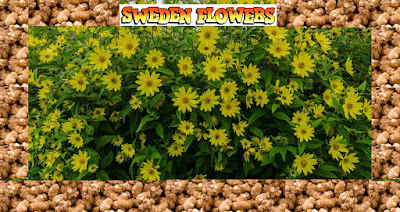 |
| Ulmus wallichiana tree cultivation |
Family : Ulmaceae (Elm Family)
Ulmus wallichiana Planch., the Himalayan elm, also known as the Kashmir elm Ulmus wallichiana and Bhutan elm, is a mountain tree ranging from central Nuristan in Afghanistan, through northern Pakistan and northern India to western Nepal at elevations of 800–3000 m.
Although dissimilar in appearance, its common name is occasionally used in error for the cherry bark elm Ulmus villosa, which is also endemic to the Kashmir, but inhabits the valleys, not the mountain slopes. The species is closely related to the wych elm U. glabra.
A strong fibre is obtained from the inner bark. It is used for cordage, slow matches and sandals. The young shoots are used to make strong ropes. A dye is obtained from the ashes of the burnt twigs.
The colour is not given. Wood - fairly hard, somewhat scented, fine grained, takes a good polish. Used for furniture. Bark of U. wallichiana is commonly used for treatment of fractured bones in animals as well asin human beings in folk tradition of Himalaya.
Local people collect U. wallichiana fresh bark, crushed minutely and boiled in water for 1/2h to make fine semi-solid substrate. As bark contains strong fibers and high percentage of mucilage, substrate became laxative and sticky.
Fractured part of body is washed and properly set by experienced bone setter. Cooled semisolid laxative substrate is thoroughly poured and lapped around fractured part and tightened with a clean cloth followed by giving proper support to fractured part with thick card board. Patient is then allowed for minimum 30 days rest.




